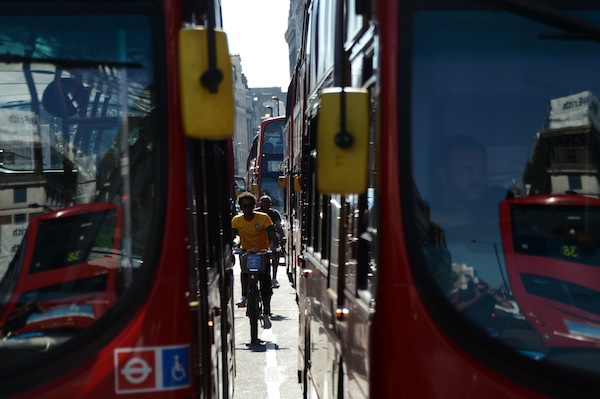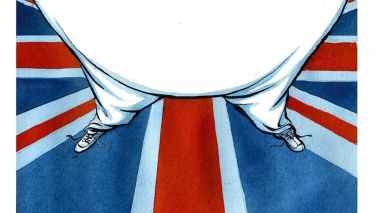In the last week alone by winning Olympic gold and through his victory in the Tour de France, Bradley Wiggins has single-handedly raised the profile of cycling in this country. Now our government needs to get further behind cycling and pump more money into our infrastructure and make safety improvements to promote our most efficient form of transport.
Cycling is a relatively safe, environmentally-friendly activity for all ages and thankfully serious accidents are low in relation to the millions of journeys taken by cyclists. But there is more we can do to give cyclists greater protection on our roads.
Liberal Democrat Transport Minister Norman Baker has announced millions of pounds of extra money for cycling, including £8 million for cycle routes, £7 million for rail access, and £30 million for improvements to road junctions to make cycling safer. This is a great start but if we are to make a difference we need £100 million to be invested annually in our cycling infrastructure. We need to improve dangerous road junctions, install priority traffic lights for cyclists and we need the adoption of a 20mph speed limit in residential streets. Every city should have a cycling commissioner promoting and advising on cycle safety.
Sadly, the dedicated cycle paths and routes that I see in my own constituency are seriously lacking across many other parts of the country where consideration and safeguards for cyclists fall far below that which is desirable let alone acceptable.
I would also like to see more training for drivers, especially those of heavy goods vehicles, on how to deal with cyclists. This should be covered fully in the driving test. We know that HGVs are involved in many of the accidents with cyclists and I have been pushing for them to be fitted with mirrors and sensors so they know when a cyclist might be in their ‘blind spot’. Turning alarms and safety bars would also offer cyclists greater protection.
But the onus is not just on the drivers; cyclist must take precautions to protect themselves. They should get training so that they know how to behave on our roads and make sure they use proper lighting at night. I am encouraged by the government’s continued support for cycle training for youngsters in schools.
There has been much debate about making cycle helmets compulsory but I don’t agree with this. People should have the choice as to whether or not they wear a cycle helmet.
By making cycling helmets compulsory we would be saying to people that cycling is not a safe thing to do. This is not true. Compulsory cycling helmet laws have reduced the number of people cycling in other countries, causing worse traffic congestion, affecting people’s health and ultimately making cycling more dangerous.
In this year of the Olympics and with the fantastic success we have enjoyed in cycling, we have a great opportunity to promote it and invest in it. I hope we can build on this success so that cycling can be seen as a viable means of transport for the future.
Julian Huppert is chair of the All-Party Parliamentary Cycling Group.






Comments